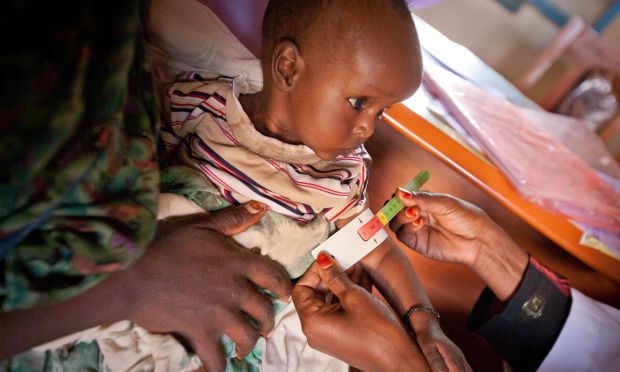
An estimated 14,000 children suffering from severe acute malnutrition
The increase in the number of children who will be identified as suffering from severe acute malnutrition (SAM) under the new WHO standards means that organizations involved face a shortfall of nutrition supplies in 2015.
Government and humanitarian organizations provide assistance
HIGHLIGHTS
- Over 900 boat people rescued off the coast of Myanmar during May
- New government-led initiative to improve living conditions for IDPs in Rakhine
- Floods in Rakhine State
- Access to education expanded in Rakhine but major gaps remain, especially for adolescents
- More young children in Rakhine will need treatment for severe acute malnutrition
- Four years on, major humanitarian needs remain for 100,000 IDPs in Kachin and northern Shan states
- 37% of 2015 humanitarian funding needs met so far



